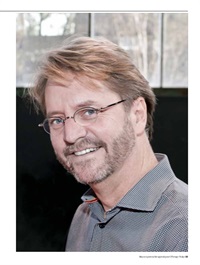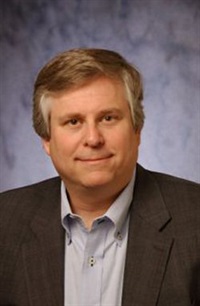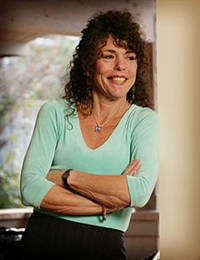BT12 Topical Panel 07 – Person of the Therapist - Scott Miller, PhD, John Norcross, PhD, ABPP, Wendel Ray, PhD, Michele Weiner-Davis, MSW, LCSW
- Average Rating:
- Not yet rated
- Topic Areas:
- Topical Panels | Therapist Development | Therapy Practice
- Categories:
- Brief Therapy Conference | Brief Therapy Conference 2012 | Pioneers in Couples and Family Therapy
- Faculty:
- Scott Miller, PhD | John C. Norcross, PhD | Wendel Ray, PhD | Michele Weiner-Davis, LCSW
- Duration:
- 56:46
- Format:
- Audio Only
- Original Program Date:
- Dec 07, 2012
- License:
- Never Expires.
Description
Description: This panel explores how therapist qualities—beyond modality or technique—shape clinical outcomes. Drawing from research and experience, panelists highlight presence, responsiveness, and self-awareness as central to effective practice. Emphasis is placed on reflective habits, therapist fit, and training models that support enduring therapeutic impact.
Educational Objectives:
- Compare and contrast clinical philosophical perspectives of experts.
*Sessions may be edited for content and to preserve confidentiality*
Credits
Handouts
| Timestamped Transcript (855.4 KB) | 19 Pages | Available after Purchase |
| Ericksonian Learning Snapshot (274.4 KB) | 3 Pages | Available after Purchase |
Faculty

Scott Miller, PhD Related Seminars and Products
Scott D. Miller, Ph.D., is the founder of the International Center for Clinical Excellence an international consortium of clinicians, researchers, and educators dedicated to promoting excellence in behavioral health services. Dr. Miller conducts workshops and training in the United States and abroad, helping hundreds of agencies and organizations, both public and private, to achieve superior results.

John C. Norcross, PhD Related Seminars and Products
John C. Norcross, PhD, is an eminent professor, psychologist, and specialist in psychotherapy, behavior change, and self-help.He is Distinguished Professor of Psychology at the University of Scranton and Adjunct Professor of Psychiatry at SUNY Upstate Medical University.[3] He also maintains a part-time practice of clinical psychology in Scranton, Pennsylvania.

Wendel Ray, PhD Related Seminars and Products
Wendel A. Ray, Ph.D, is Hammond Endowed Professor of Education and Professor of Family System Theory in the Marriage & Therapy Program, at The University of Louisiana-Monroe (ULM). The former Director of the Mental Research Institute (MRI) in Palo Alto, California, as well as a former member of the MRI Brief Therapy Center, and the MRI Strategic Family Therapy Project, Dr. Ray continues to serve as an MRI Senior Research Fellow.

Michele Weiner-Davis, LCSW Related Seminars and Products
Michele Weiner-Davis, LCSW is the Founder of The Divorce Busting Center in Boulder, Colorado. She is a popular TEDx speaker and the author of eight books including, Healing From Infidelity, and the bestselling Divorce Busting and The Sex-Starved Marriage. She is the recipient of several prestigious awards including the Outstanding Contribution to Marriage and Family Therapy Award from AAMFT.


